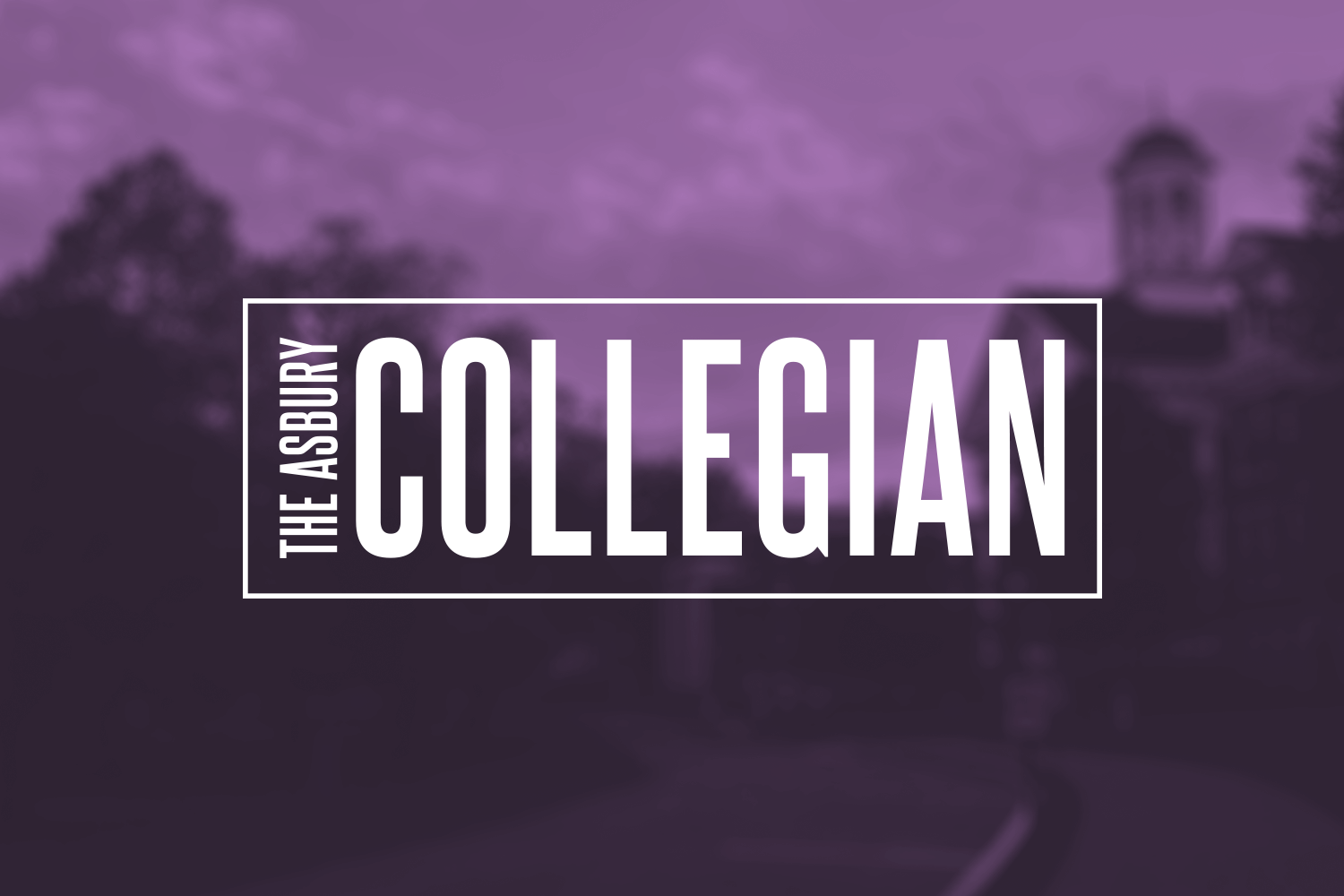By Kaiser Shaffer, Executive Editor
On Friday, March 25, Bernie Sanders was giving a speech in Portland. In true Pacific Northwest fashion, a friendly little bird decided to crash the event and landed first on the stage and then on the podium, facing Senator Sanders much to the enjoyment of the crowd. It was a fun and light moment that took the Internet by storm.
Moments like this are easily politicized and swallowed in the mainstream media machine and sometimes we can lose sight of the goodness of coincidence. It was a moment that could have happened to any candidate, but it brought such a reaction in the moment and later on the Internet because it had a critical element of delight.
Delight is a powerful force. It has the ability to provoke a spectrum of emotion—things like pride, optimism and zest. These are creative forces: feelings that can lead us to create new things, meet new people and push our world forward.
British philosopher Bertrand Russell identified this quality when he said, “the true spirit of delight, the exaltation, the sense of being more than Man, which is the touchstone of the highest excellence, is to be found in mathematics as surely as poetry.” All humanism aside, Russell illuminates the aspect of delight that connects us to the goodness that God intended for his creation and the way we, in turn, create. This is found in all endeavors and professions, even politics.
But it’s rare that we find this element of delight expressed in politics. Most of political talk is fear-based, which resides on the opposite side of delight. It is also just as powerful of a force than delight. In the perspective of election, this is why we are seeing violence at rallies, vicious attacks on the personal lives of candidates’ wives and policies that push dissimilar people away rather than incorporate them. Fear can give power to politicians who choose to use it.
Fear acts as a totally different type of emotion. It is one that drives us to our primal instinct of fight or flight; it reduces our human experience to animal behavior and restricts our response to situations. In fact, fear-based responses are often learned and internalized.
A 2010 Harvard study found that the presence of fear in the development stages of a child can lead to a persistent feeling of fear and anxiety later in life. The study concluded by saying that “[m]any policymakers, educators, and even medical professionals are unaware of the potentially significant, long-term risks of exposure to fear-provoking circumstances in children and lack information about the prevalence of these situations in their communities.”
Both fear and delight are emotions that come natural to us as humans. It seems that the delight that flourishes in our youth is slowly replaced by the fears of the adult life. The world is full of circumstance that reduce us to thinking that fear must be the way of life and that delight has no place in our story.
However, in a world and in a political climate full of fear, we must ask ourselves if what we are promoting pushes a campaign dictated by hopelessness or a campaign driven by a hope for a better tomorrow. It is not just a question to answer for the upcoming election alone, but one that can impact our day-to-day life and the next generation. Either way, a little birdie this week told me that it can get better.


